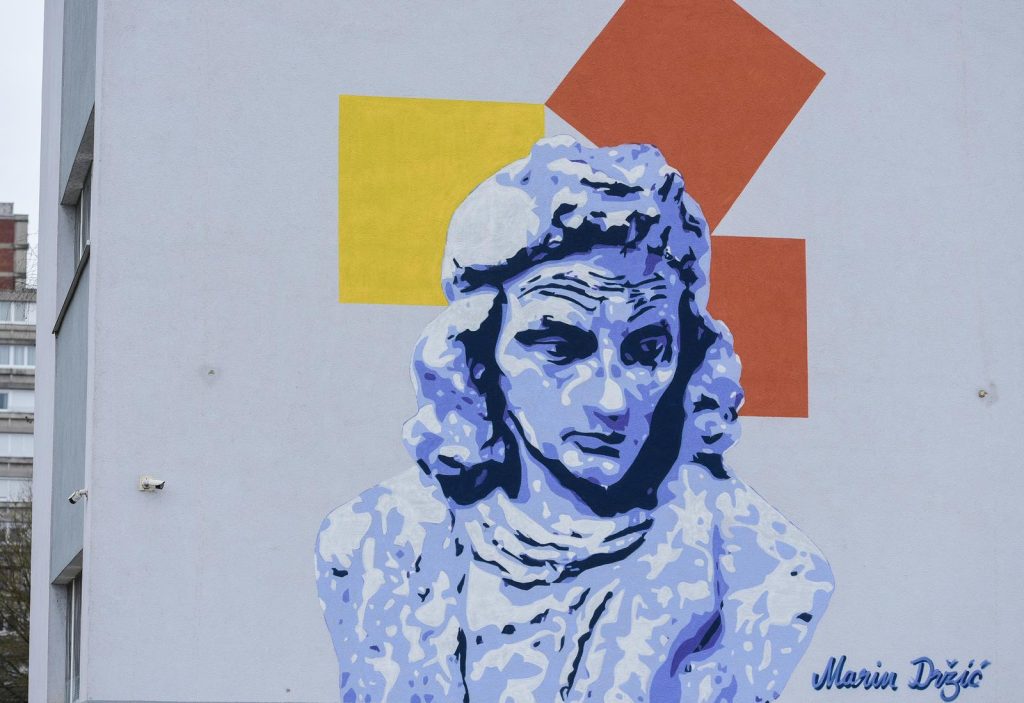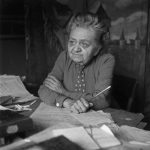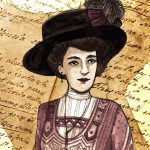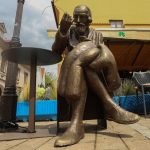December the 11th, 2023 – Croatia is full of literary talent, but one of the most famous of all is Croatian writer Marin Držić, the creator of the much loved play Dundo Maroje.
He tried to overthrow Dubrovnik’s government
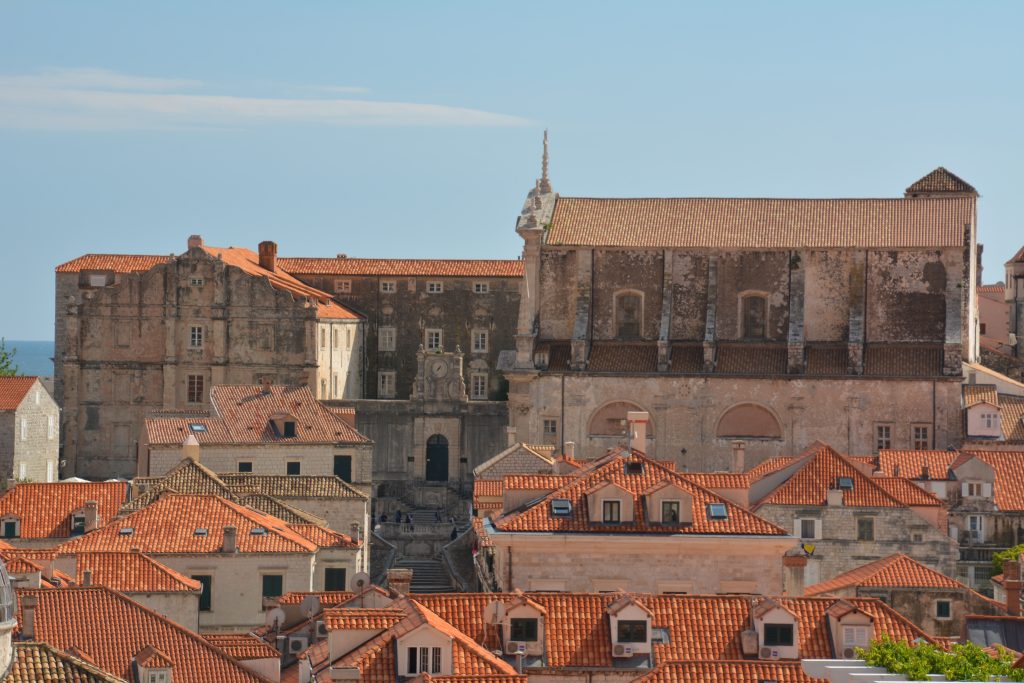
Croatian writer Marin Držić was born in 1508 into a relatively large and wealthy family in the formerly autonomous Dubrovnik Republic (Ragusa). Entirely self-governing, the Dubrovnik Republic was strictly aristocratic. The class system was extremely apparent, with three classes: the nobility, the citizens and the plebs (artisans) divided. In the often rather complex geopolitical circumstances of those times, dominated for a longer period by the Ottoman Empire, the Dubrovnik Republic managed to remain autonomous, negotiating deals with the Turkish invaders of surrounding lands.
Having mingled in an array of different circles, including with local outlaws, Marin became somewhat of a conspirator. Gradually becoming convinced that the Dubrovnik Republic’s governing body, which certainly didn’t suit everyone, leaned towards being tyrannical, he attempted to overthrow it. The House of Medici banking family from Italy were involved in Držić’s initial attempts, as they were sent letters (several of which survive to this day), detailing his concerns and wishes. He tried to persuade the affluent Florence-based family to aid him in his mission to overthrow the administration of his hometown, but the 15th century dynasty ignored his correspondence.
He was the nephew of Džore Držić, another famous author

Born in 1461, Džore is known as one of the fathers of Croatian literature, this Dubrovnik-born poet and playwright was the uncle of Croatian writer Marin Držić. One could say that genetics played a role in the literary destiny that awaited Držić, with his comedies being classed as among the greatest in European Renaissance literature. Džore, while being less well known than his nephew in the modern day, was the father of the poetic opus which would become the main expression of the type of language which later went on to evolve into the Croatian language as we know it today.
2008 was pronounced the “year of Marin Držić”
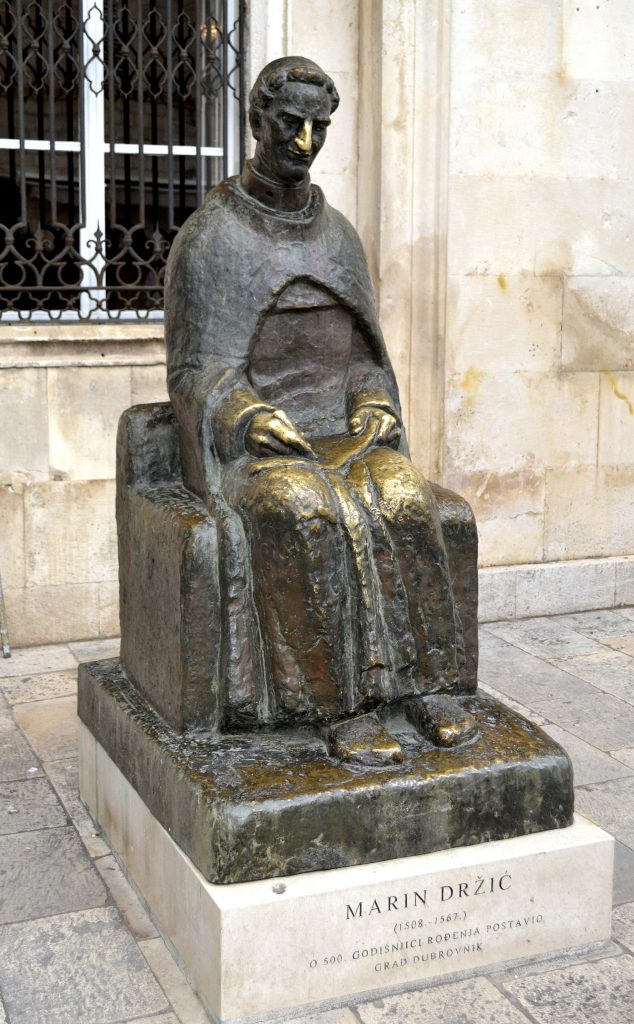
2008 marked 500 years since the birth of Croatian writer Marin Držić, who passed away suddenly on May the 2nd, 1567 in Venice. The Croatian Parliament declared 2008 as the “Year of Marin Držić”.
A stage in Zagreb, Vidra, honours his nickname, while streets and schools bear his name
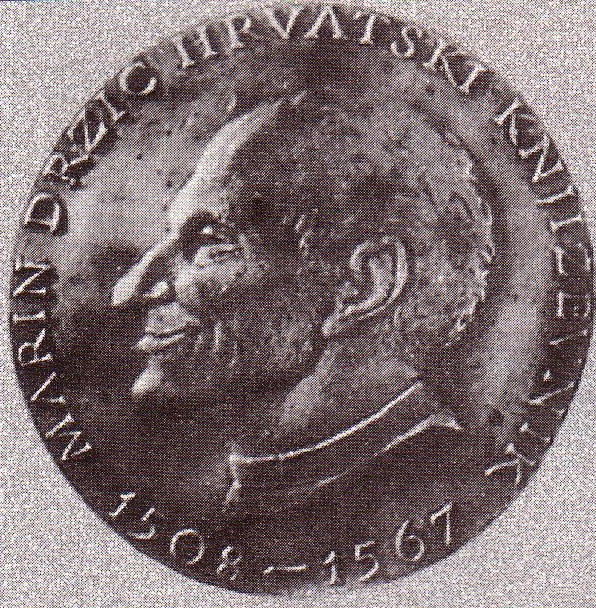
In the Croatian language, referring to someone as “vidra” can mean that they are inventive, resourceful and even fickle. Being acquainted with both Dubrovnik outlaws and likes of Christoph Rogendorf, all of these could have been true of Marin Držić in the eyes of the different circles he associated with and was known to. A stage in Zagreb is named vidra in his honour, while one of the capital’s central avenues (Avenija Marina Držića/Držićeva) is also named after him. Perhaps most fittingly of all, an elementary school in the very heart of his hometown of Dubrovnik also bears his name.
The Marin Držić award for dramatic work has been awarded since Croatian independence
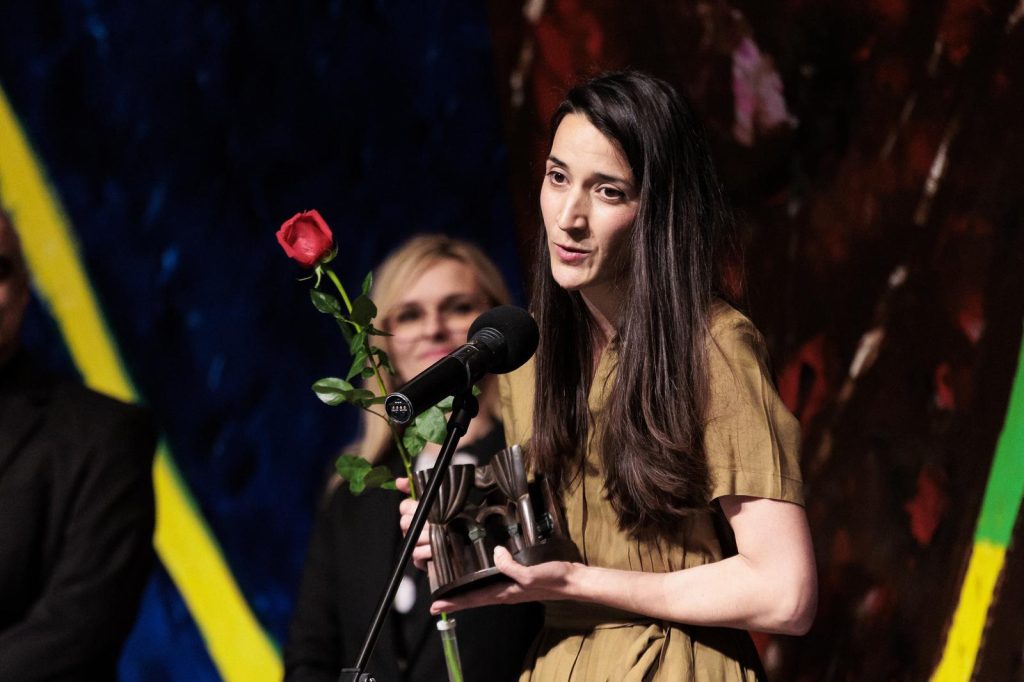
Ever since Croatia’s hard-earned independence was won in the 1990s following the collapse of Yugoslavia and the Homeland War, the Marin Držić Award has been given as a prize for dramatic work.

